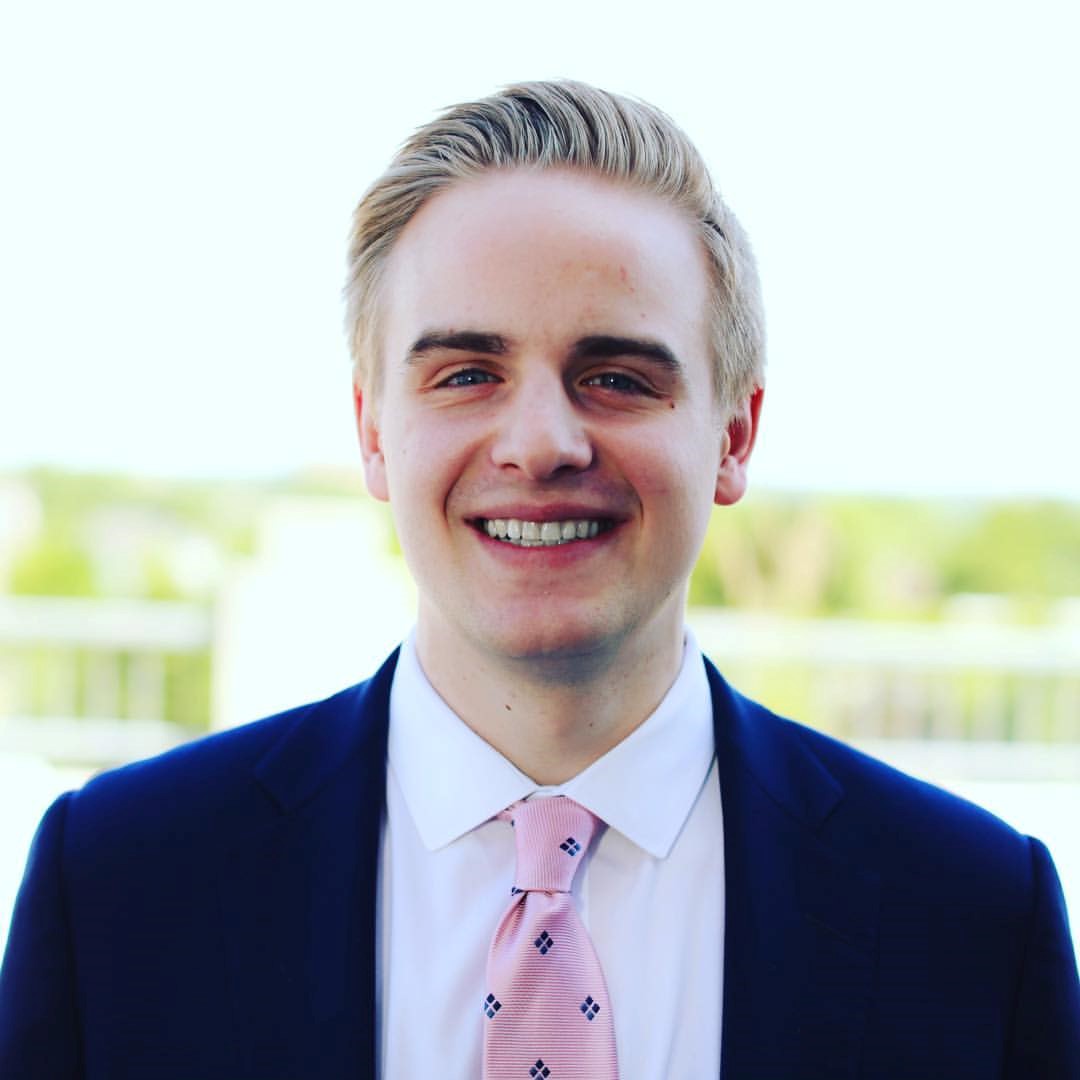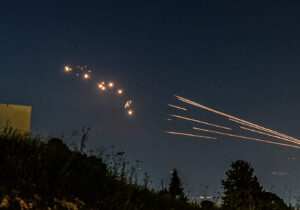In October 2017, representatives of states, international organizations, and non-governmental organizations (NGOs) met in Hungary to discuss the increasing persecution of Christians across the globe. Unknown to many, Christianity is the most persecuted religion in the world. The International Consultation on Christian Persecution in Hungary was organized by the Hungarian government, which established a special department to provide aid to persecuted Christians in 2016. This department was established to assist the hundreds of thousands of Christians suffering from mass atrocities across the globe and especially in the Middle East, where the most extreme form of persecution has been perpetrated by the Islamic State (ISIS or Daesh).
Other European countries and the United States must follow Hungary’s example and take a stand for Christians in the Middle East. The US and European countries should establish a Global Coalition to Defend Christians—one that focuses on promoting stability and protecting the indigenous Christian community in the Middle East and other parts of the world. This coalition would work to provide protection to persecuted Christians, increase humanitarian aid to families, and dramatically increase military operations against international terrorism.
Nowhere better exemplifies the need for a coalition than the Iraqi Christian population in the Nineveh Plains. This community is almost as old as the religion itself, but ISIS managed to rule the region for over two years while implementing a reign of terror. Theft, stabbings, rape, and murder became frequent occurrences. While the coalition allies made major gains against ISIS in 2016 and the Iraqi territories were fully recovered in the second half of 2017, ruins from the terrorists’ destruction still remain. Little progress has been made in rebuilding these centuries-old communities, and hundreds of thousands of Christian refugees remain displaced. Still, some Christians have begun to return to their homes, while many others remain skeptical.
Recent events taking place in the Nineveh Plains show that these concerns are well justified.
Demands for a Kurdish state were raised after the September 2017 independence referendum in Kurdistan, when Kurds voted overwhelmingly in favor of developing their own independent state. Clashes immediately broke out between the Kurdish peshmerga (soldiers), Iraqi security forces, and local militias funded by the Iranian regime. While the Iraqi and Kurdish armies worked alongside each other to combat ISIS, the Kurdish referendum sparked a fight over power in the disputed territories of the Nineveh Plains.
Over 1,000 Christian families were forced to flee the historically Christian town of Teleskof after intense fighting broke out, and some Christian families were caught in the crossfire. Reports from the ground note that among the injured were children and the elderly. These clashes show no signs of letting up. Worse, Teleskof had just begun rebuilding with a $2 million humanitarian relief gift from the Hungarian government.
Now more than ever a global coalition of states is needed to support this vulnerable population. The coalition could grow from the Hungarian initiative “Hungary Helps” that has been at the forefront of assisting persecuted Christians in the Middle East and Africa. This coalition should immediately advocate for decisive military action to promote stability in countries such as Iraq. This should take the historic step of deploying peacekeepers to the Nineveh Plains region and protecting areas heavily populated by Christians. With both the Kurds and Baghdad relying so much on the United States and its allies for aid, this action would likely be an effective tool against aggressive action. What’s more, these troops could act as a buffer against radical terrorist groups coming to the region.
Iraqi Christians’ need for humanitarian aid continues to be inadequately addressed. Reports suggest that Iraqi Christians do not receive the same level of assistance from the United Nations in the way others in a similar situation do. This is one reason behind President Trump’s decision to withdraw some US funds for the UN and distribute assistance directly to victims, including Iraqi Christians who were subjected to the ISIS genocide. Despite some criticism, removing an intermediary (the UN) from the process may be positive for this persecuted minority. And indeed, their needs are substantial. Earlier this year, Aid to the Church in Need assessed the cost of rebuilding nine Nineveh Plains villages at over $200 million. Once the houses are rebuilt, the whole infrastructure will also need to be reinstated to ensure that the Nineveh Plains is sustainable. However, before this happens, financial assistance is required to provide these communities all necessities.
Iraqi Christians in the Nineveh Plains require assistance, which can only be achieved by a coalition of states seeking the indigenous population’s best interest. President Trump and numerous European governments have made assisting displaced and persecuted Christians a top priority. These leaders have followed words with actions, but more must be done.
—
Ewelina U. Ochab is a human rights advocate and author of the book Never Again: Legal Responses to a Broken Promise in the Middle East. She works on the persecution of minorities around the world, with main projects including Daesh genocide in Syria and Iraq, Boko Haram atrocities in West Africa, and the situation of religious minorities in South Asia. She has written over 30 UN topical reports (including Universal Periodic Review reports) and has made oral and written submissions at the Human Rights Council sessions and the UN Forum on Minority Issues. Ochab is currently working on her Ph.D. in international law, human rights, and medical ethics. Follow her work on Twitter: @EwelinaUA.
Alexander W. Titus is a Fellow with The Public Interest Fellowship in Washington, DC. Previously, he served as a fundraising professional at the Freedom Partners organization, helping to bridge the gap between the conservative grassroots and GOP donor class. Alexander frequently writes on politics, policy, and the Middle East. Twitter: @atitus7.
Photo Credit: Bell tower at the Quaragosh Church in Nineveh Plains, Iraq, approximately three weeks after liberation. November 2016. Photo provided by Ewelina U. Ochab.







